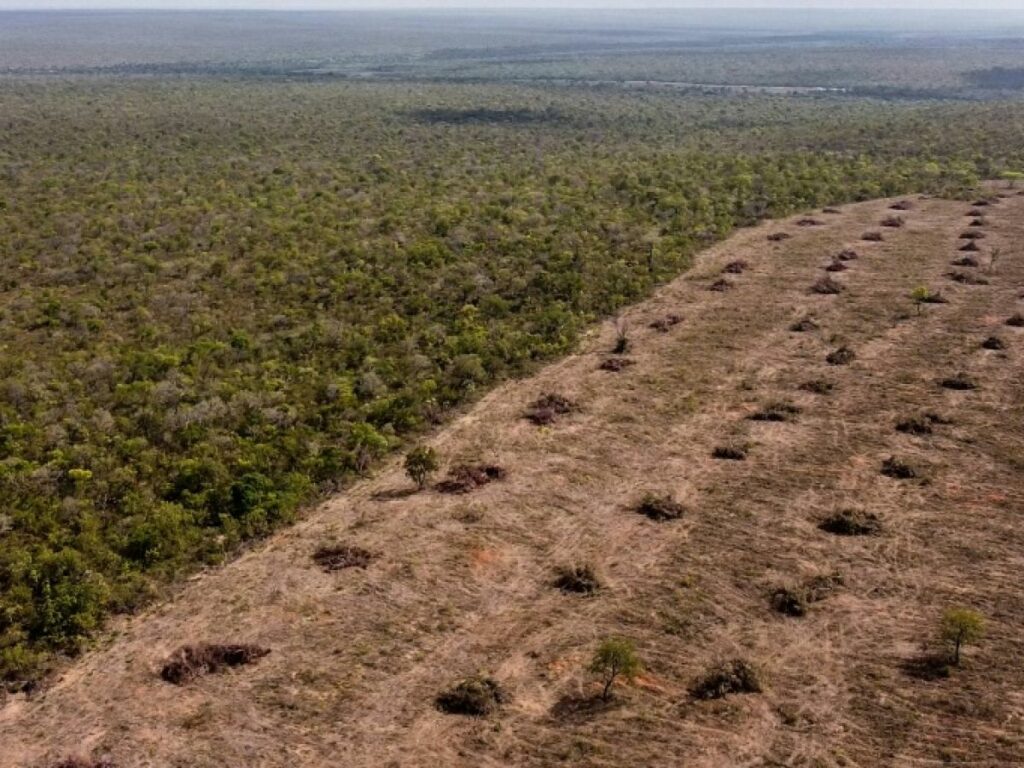Fast fashion has become synonymous with trendy styles at rock-bottom prices. But have you ever stopped to consider the true cost of those clothes? A recent exposé I read by Euronews shines a light on the dark side of fast fashion, revealing the environmental and human rights abuses linked to cotton production in Brazil’s Cerrado region. A recent investigation by Earthsight, a non-governmental organization (NGO), traced 816,000 tonnes of cotton linked to violence and land dispossession in its cultivation. This cotton was subsequently used to manufacture jeans, hoodies, shorts, and socks.
The Cerrado, also known as “South America’s savannah,” is a vital ecosystem under threat. Huge areas of this critical habitat are being cleared to grow cotton to feed the insatiable demand for cheap clothing. This deforestation is driven by global fashion giants like Zara and H&M, who source cotton from Brazilian farms linked to violence, land grabbing, and illegal deforestation.

Shockingly, some of these farms are certified by the Better Cotton Initiative, a scheme designed to ensure ethical cotton production. This raises serious questions about the effectiveness of such certifications and exposes the deep flaws in a system that prioritizes profit over people and planet. The consequences of this race to the bottom are far-reaching. The Cerrado’s rich biodiversity is being destroyed, pushing countless species to the brink of extinction. Unchecked deforestation disrupts rainfall patterns, jeopardizing agriculture and water security across the region
H&M said, “we welcome Earthsight’s commitment on these issues and take these allegations extremely seriously…We are in close contact with the Better Cotton certification owner – who has begun a thorough investigation into the specific allegations,” the company added. The fashion industry itself is not immune to the fallout. Consumers today are becoming increasingly conscious of the environmental and social impact of their clothing choices. News of Zara and H&M’s reliance on unethical cotton production tarnishes their brand image and risks alienating a growing segment of eco-conscious customers.
Fast fashion may seem cheap, but the true cost is devastating. We have to begin embracing sustainable practices and demand better from the clothing industry. Our pursuit of style shouldn’t come at the cost of our planet.

